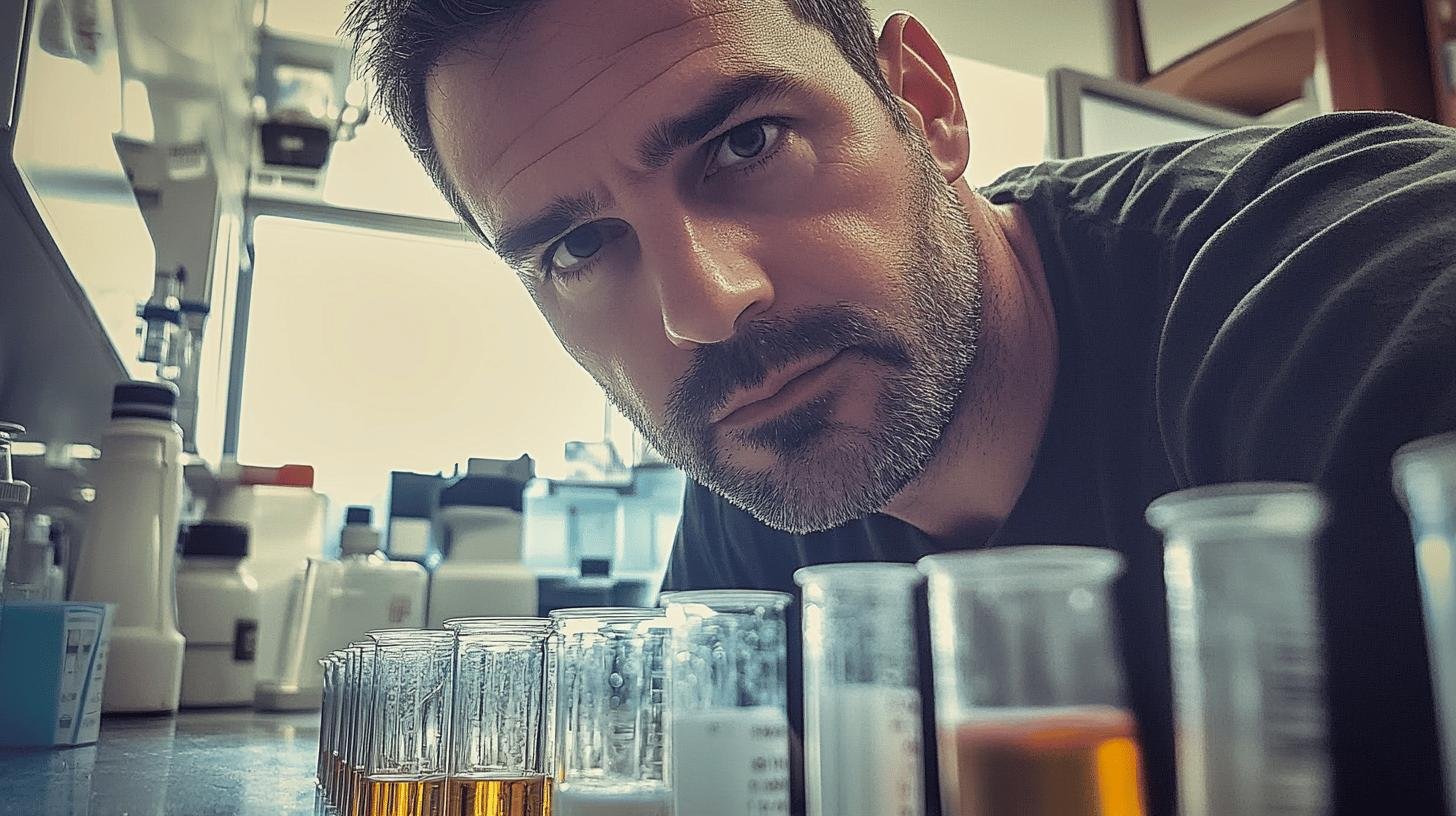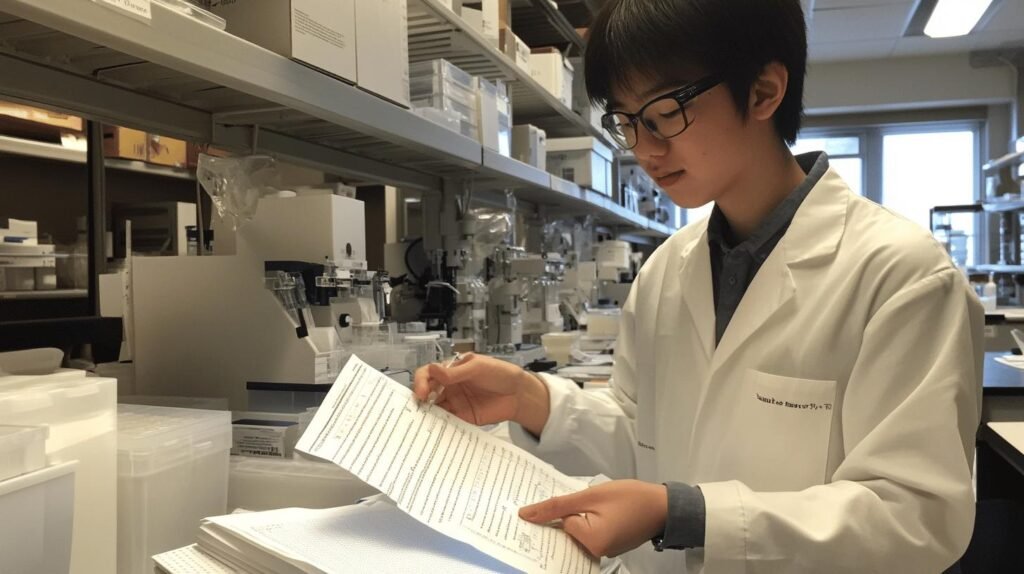TL;DR:
- Genetic Testing Process: Conducted via a cheek swab, analyzing DNA for biomarkers to tailor medication.
- Conditions Identified: Major depression, anxiety disorders, alcoholism, ADHD, personality disorders.
- Accuracy: Predictive tools, not definitive diagnoses, should be combined with other diagnostic methods.
- Ethical Concerns: Informed consent is essential; risks include potential discrimination and privacy breaches.
- Benefits: Personalizes treatment, reduces side effects, enhances diagnostic accuracy, minimizes trial and error.
- Future Research: Focus on improving test accuracy, personalized treatment, and ethical safeguards.
- Direct Primary Care (DPC): Enhances genetic testing benefits through personalized care without insurance complexities.
Ever wondered if your DNA could hold the key to mental health treatment? Genetic testing for mental health conditions is making waves by helping pinpoint the best treatment options for issues like depression and ADHD. It’s a game-changer that promises to reduce the trial-and-error of finding the right meds. With just a cheek swab, doctors can analyze your genetic makeup and tailor treatments to fit you like a glove. In this article, we’re diving into the benefits uncovered by this groundbreaking approach. Curious? Let’s explore the potential of DNA in boosting mental well-being!
Understanding Genetic Testing for Mental Health Conditions
Genetic testing for mental health conditions is like a detective examining your DNA with a magnifying glass. The process starts with a simple cheek swab. This quick swab collects DNA samples, which are then sent to a lab for analysis. Scientists look for specific biomarkers in your DNA. Think of these biomarkers as clues that help tailor medication choices. This can lead to fewer medication trials, reduced side effects, and a smoother journey to feeling better.
So, what mental health conditions can genetic testing help identify? It reveals predispositions for various disorders. These include potential risks for major depression and anxiety disorders. It can also indicate tendencies toward alcoholism, ADHD, and some personality disorders.
Here’s a quick list of common mental health conditions genetic testing can help pinpoint:
- Major depression
- Anxiety disorders
- Alcoholism
- ADHD (Attention Deficit Hyperactivity Disorder)
- Personality disorders
If you’re curious about what your DNA might reveal about your mental health, this type of testing could be your new best friend.
The Accuracy and Limitations of Genetic Testing

How accurate are these genetic tests for mental health? Well, opinions vary. Current research suggests they can highlight potential risk factors in your DNA, but they can’t provide a definite diagnosis. It’s like using a weather app that predicts rain without confirming if you’ll get wet. Scientists are striving to improve these tests’ accuracy. They’re more of a predictive tool than a definitive solution for now.
Let’s discuss limitations. Genetic testing isn’t a magic solution for all mental health mysteries. It has its limitations. Experts advise using it alongside other diagnostic tools for a comprehensive view. You wouldn’t rely on a selfie as your only vacation memory, right? It’s the same idea here. Misinterpretation risk or over-reliance can cause unnecessary stress or lead you down the wrong treatment path. So, while valuable, genetic testing shouldn’t be your sole resource in mental health care.
Ethical and Privacy Considerations in Genetic Testing
Why is informed consent crucial in genetic testing? It’s your safeguard. It ensures you’re fully aware of the test’s process, potential revelations, and result usage. Think of it as reading a manual before using a new device. Informed consent empowers you to decide whether to proceed with the test, keeping you informed throughout.
What about privacy concerns? Your DNA is unique and personal, like a fingerprint. Employers or insurance companies may misuse it, leading to discrimination or privacy breaches. Imagine your genetic info falling into the wrong hands; it’s a serious concern. Strong privacy measures are essential for securing your genetic data—like locking your house before a vacation.
How can genetic test results impact you psychologically? They can be an emotional rollercoaster. You may feel anxious about what the results mean for your future health. Preparing mentally and having support is crucial, like counselling or discussions with healthcare professionals. They can help interpret results and manage emotional responses. Remember, understanding your genetic makeup is about both facts and feelings.
Benefits of Genetic Testing in Mental Health Treatment

How does genetic testing improve mental health treatment? It personalizes treatment plans. Imagine a tailor-made suit for your mental health! Genetic testing examines your DNA to determine which medications might work best for you. It’s like having a body-response cheat sheet for different drugs. This reduces trial and error, especially for those who’ve played the “will-this-pill-work” game. Understanding your genetic makeup lets doctors fine-tune medication doses and avoid side effects. This personalized approach smooths managing conditions like anxiety or depression.
There’s more! Genetic testing excels in enhancing diagnosis accuracy. It’s like adding a tool to the diagnostic toolbox. It combines your genetic data with personal and family health history. This helps identify potential risk factors and create a more accurate diagnosis. It’s like piecing together a health puzzle. The clearer the picture, the better the treatment strategy. You understand precisely what’s happening and how best to address it.
- Tailors medication plans to your genetic profile
- Reduces side effects and improves medication safety
- Minimizes trial and error in treatments
- Enhances diagnosis accuracy with genetic insights
- Supports better management of chronic mental health conditions
By integrating genetic testing, mental health care can be as unique as your fingerprint. It’s about making treatment more effective and efficient—better for you.
Current Research and Future Trends in Genetic Testing for Mental Health
Are you curious about the latest in genetic research for mental health? Scientists are exploring how genes influence mental well-being. So far, studies show genetic testing can aid mental health care. However, it’s best used with other diagnostic methods, like personal and family histories. This combination gives a fuller picture of potential influences on mental health. Researchers are delving into how well tests predict mental health conditions, aiming for more reliable and useful tools for clinicians.
Looking ahead, there’s excitement about genomics advancements. Imagine genetic testing identifying risk factors and enabling new treatments and personalized care. Researchers hope more data and advanced tech will lead to precise predictions and interventions. It’s like having a GPS for mental health, guiding us toward optimal care paths.
| Research Focus | Future Potential |
|—|—|
| Understanding genetic markers for mental health | Enhanced prediction and prevention strategies |
| Improving test accuracy | More reliable diagnoses |
| Personalized medication plans | Tailored treatments with fewer side effects |
| Integration with other health data | Comprehensive health profiles |
| Ethical and privacy safeguards | Increased public trust and adoption |
Direct Primary Care and the Integration of Genetic Testing

Direct primary care (DPC) offers a hassle-free healthcare approach. Instead of dealing with insurance complexities, you pay a regular fee for direct access to your doctor. This model makes healthcare personal and affordable, like a membership with extended physician time. You can contact your doctor via phone or email without rushed appointments or hidden costs. DPC focuses on simple, effective, quality-over-quantity care.
Combining genetic testing with DPC is like turbocharging your healthcare plan. Genetic tests craft tailored mental health plans by analyzing your unique DNA. They complement lifestyle and dietary changes, guiding doctors in choosing medications with fewer side effects. This precision in managing conditions like anxiety enhances the personal aspect of care. Together, DPC and genetic insights create a healthcare plan that fits like a glove.
- Personalized treatment plans based on genetic insights
- Better medication choices with fewer side effects
- Streamlined healthcare without insurance hassles
- Proactive health management with lifestyle guidance
With DPC and genetic testing working together, your healthcare is as unique as you are!
Final Words
Genetic testing for mental health conditions has the potential to transform how we approach mental health care by offering insights into genetic predispositions and personalizing treatment plans. We’ve explored how this testing can identify tendencies for disorders like ADHD or depression and how it complements direct primary care models.
While promising, genetic testing isn’t a standalone solution. Ethical concerns and limitations persist, but ongoing research is working to bolster its accuracy and utility.
Embracing genetic testing while considering all aspects of care can enhance mental health outcomes.
FAQ
Is mental illness genetic or environmental?
Mental illness can be both genetic and environmental. Genetics may predispose individuals to mental health conditions, while environmental factors like trauma or stress can trigger or worsen these conditions.
Can you genetically test for mental illness?
Genetic testing for mental illness identifies predispositions to conditions like depression, anxiety, and ADHD. While it can’t diagnose, it helps tailor treatments that might work better for you.
How accurate is genetic testing for psychiatric medications?
Genetic testing for psychiatric medications offers some guidance, but it’s not definitive. It identifies potential effective medicines based on your genetics, reducing trial and error in finding the proper treatment.
Is mental illness more likely to come from the mother or father?
Genetic mental disorders aren’t strictly passed from the mother or father. It depends on the specific genetic markers present in either parent’s DNA.
What are five mental disorders potentially linked to genetics?
Five disorders potentially linked to genetics include major depression, anxiety disorders, alcoholism, ADHD, and certain personality disorders.
Why would a psychiatrist order genetic testing?
Psychiatrists order genetic testing to personalize treatment plans. This helps them choose medications with fewer side effects and determine optimal dosages, making treatment more effective.
How much does GeneSight testing cost?
GeneSight testing typically costs between $330 and $2,000. However, costs can vary depending on your insurance plan and the specific testing required.
What is the best genetic testing for psychiatric medications?
The “best” genetic testing depends on the specific needs. GeneSight and similar services are popular for their ability to guide psychiatric medication choices based on genetic information.
What is mental health genetics research focused on?
Mental health genetics research focuses on understanding how genes contribute to mental health conditions. It explores genetic predispositions and their impact on treatment strategies.

